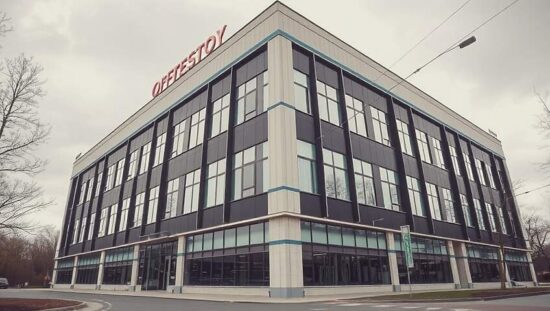Germany’s Hensoldt, a leading defense technology company, is significantly expanding its presence in Ukraine, signaling a deepening and increasingly reciprocal relationship between the two nations. According to an interview with CEO Oliver Dörre published in the Handelsblatt, Hensoldt intends to establish a liaison office in Kyiv within the coming weeks, marking a formal step beyond existing collaborations.
The rationale, according to Dörre, isn’t solely philanthropic. Ukraine’s defense industry has demonstrated an unexpectedly rapid ascent, becoming a source of technological innovation that Hensoldt believes can be mutually beneficial. Hensoldt’s sensors are already integral components of Ukraine’s Iris-T air defense system, manufactured by German company Diehl Defence and the burgeoning partnership is now elevating Ukraine to the status of a “genuine industrial partner.
This shift carries significant implications beyond immediate battlefield support. Hensoldt’s expansion plans are ambitious, aiming to multiply its production capacity by as much as twenty times within the next few years. The Ukrainian partnership is explicitly positioned as a crucial element in achieving these goals, providing both skilled labor and a strategically advantageous location.
The move underscores a broader re-evaluation of Ukraine’s role in European security. Federal Minister for Economic Affairs Katherina Reiche, accompanying a ten-person economic delegation to Kyiv, emphasized that the nation is no longer simply a recipient of aid. Reiche’s statements highlight Ukraine’s emergence as a “talent factory” and partner, particularly within the security and defense sector, offering vast potential for collaboration, synergy and economic growth.
However, the intensification of German defense involvement in Ukraine also raises complex political and ethical considerations. Critics may question the degree of entanglement in the ongoing conflict and the potential for further escalation. Moreover, the rapid expansion plans of German arms manufacturers, fueled by the crisis, invite scrutiny regarding the prioritization of profit versus strategic security interests and the potential for creating long-term dependencies. The trajectory of this burgeoning industrial partnership will undoubtedly be closely watched by policymakers and observers alike.





